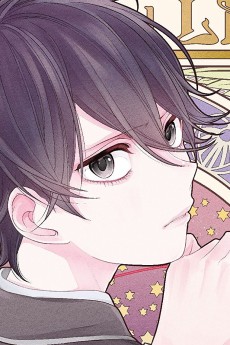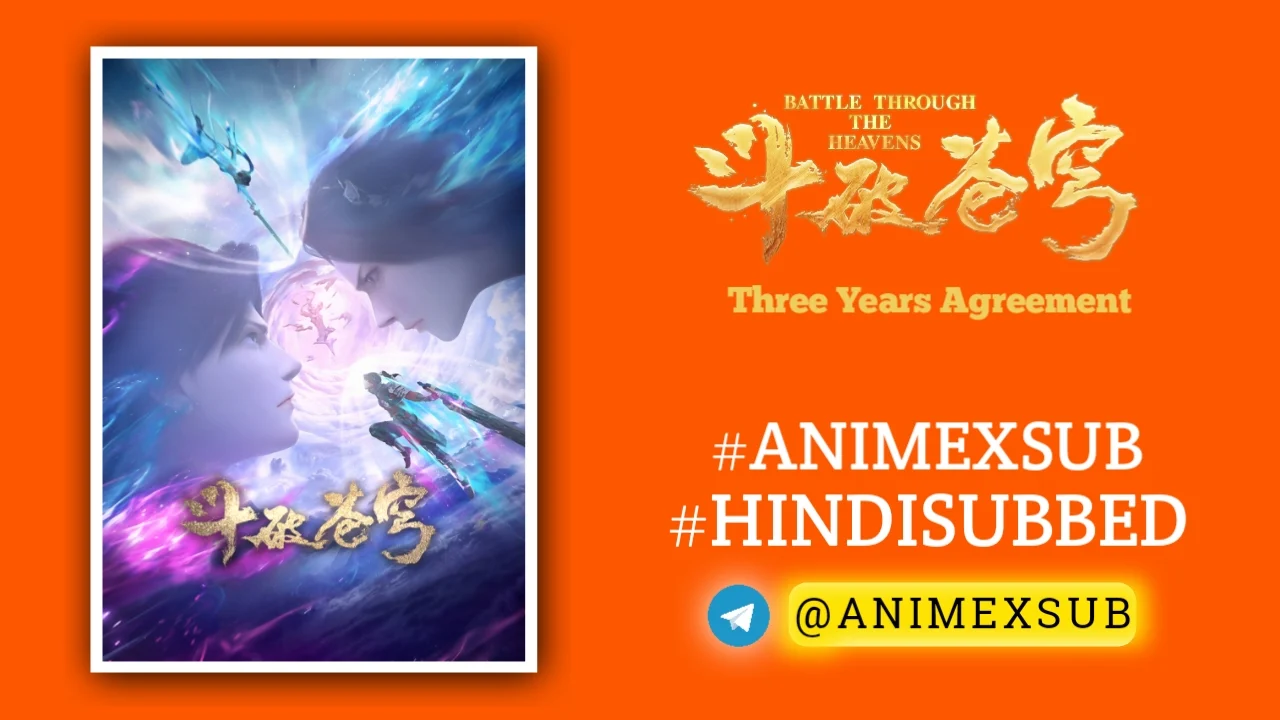
Love and Lies Hindi Subbed [12/12] | Koi to Uso Hindi Sub

Koi to Uso
LOVE and LIESSynopsis
In a world where the government assigns you a marriage partner once you turn sixteen, Yukari Nejima, a below average teen, confesses to his childhood crush Misaki Takasaki on the eve of his sixteenth birthday… only to find out that he has been assigned to Ririna Sanada instead. Would you rather choose the girl you have always loved, or the girl you met because you were told she was your partner? Which one is love? Which one is a lie? There is only one way to find out!
Watch Trailer
Characters
Love and Lies Season 1: A Nuanced Exploration of Love, Choice, and Societal Control
Love and Lies (Koi to Uso), a 2017 anime based on Musawo Tsumugi’s manga, dives into a dystopian Japan where the government mandates marriages at age 16 through a scientific compatibility system called “The Red Threads of Science” to combat declining birthrates. This 12-episode series, streaming on platforms like Amazon’s Anime Strike, follows Yukari Nejima, a teenager caught between his love for classmate Misaki Takasaki and his government-assigned partner, Ririna Sanada. The show’s unique premise, emotional depth, and unflinching look at human relationships make it a standout, though not without flaws. Here’s a fresh, in-depth review of why Love and Lies Season 1 is a compelling yet imperfect exploration of romance and rebellion.
A Premise That Challenges Romantic Ideals
At its core, Love and Lies asks a provocative question: Can love thrive under rigid societal control? The “Yukari Law,” a system assigning marriage partners based on data-driven compatibility, sets the stage for a narrative that pits personal desire against state-enforced duty. Yukari, an average high schooler, confesses his love to Misaki, only to receive his marriage notice pairing him with Ririna. This setup creates a love triangle that’s less about clichés and more about dissecting the nature of affection, compatibility, and sacrifice. The show’s futuristic yet grounded setting—rooted in Japan’s real-world demographic concerns—adds a layer of social commentary rarely seen in anime romance. It’s a bold premise that forces viewers to question whether love is a choice or a construct.
Strengths: Emotional Depth and Character Dynamics
The series shines in its character-driven storytelling. Yukari Nejima, voiced by Ryota Osaka, is a relatable protagonist whose internal conflict—torn between his crush on Misaki (Kana Hanazawa) and growing bond with Ririna (Yui Makino)—feels authentic. Ririna, initially a tsundere archetype, evolves into a complex figure. Her social awkwardness and curiosity about Yukari and Misaki’s romance reveal a subtle sadness, making her a fan favorite for her depth and unexpected role as a cupid figure. A standout moment in episode 3, where Ririna insists Yukari and Misaki kiss in her presence, captures the show’s ability to blend awkwardness, tension, and raw emotion, hinting at her own sexual and romantic awakening.
The inclusion of Yusuke Nisaka (Shinnosuke Tachibana), Yukari’s friend with unspoken feelings for him, adds a queer dimension that’s handled with surprising nuance for 2017. Nisaka’s unrequited love and quiet suffering highlight the show’s theme of suppressed desires, though his arc feels underdeveloped. The series excels when it focuses on emotional intimacy over physicality, portraying relationships as collaborative work rather than just passion. For instance, Yukari and Ririna’s evolving friendship showcases mutual growth, with Ririna learning vulnerability and Yukari gaining confidence, making their bond more compelling than the Yukari-Misaki crush dynamic.
Visuals and Sound: A Mixed Bag
Visually, Love and Lies is serviceable but not groundbreaking. Studio LIDENFILMS delivers clean character designs and expressive animation, particularly in emotional close-ups, but the futuristic setting feels underutilized, with generic school and city backdrops. The soundtrack, while pleasant, lacks memorable tracks, though the twinkling piano during pivotal scenes enhances the mood. Voice acting is a highlight, with Hanazawa and Makino delivering layered performances that elevate their characters’ emotional stakes.
Weaknesses: Pacing and Unresolved Questions
Despite its strengths, Love and Lies stumbles in execution. The pacing drags, especially in episodes 8-10, with excessive padding—like Yukari’s prolonged search for Shuu in episode 10—that stalls the narrative. The love triangle also feels imbalanced; Misaki’s feelings for Yukari lack depth, often coming across as a shallow crush compared to Ririna’s grounded connection. This weakens the central conflict, as viewers may struggle to root for Yukari and Misaki’s romance.
The series finale, episode 12, leaves much unresolved. While the open-ended conclusion suits the theme of youthful uncertainty, it frustrates by sidestepping a definitive choice between Ririna and Misaki. The show also raises intriguing questions about the Yukari Law’s mechanics and societal impact but fails to explore them fully, leaving the world-building thin. Additionally, Nisaka’s arc feels shortchanged, with his queer feelings acknowledged but not given closure, a missed opportunity for deeper representation.
Why It Stands Out
Love and Lies distinguishes itself by avoiding typical romance tropes. It sidesteps fan service and overreliance on physical intimacy, focusing instead on emotional compatibility and the messiness of young love. The show’s willingness to explore complex dynamics—like Ririna’s voyeuristic fascination or Nisaka’s silent longing—sets it apart from more formulaic anime romances. Its social commentary on arranged marriages and individual freedom resonates, especially in the context of Japan’s aging population crisis. Community scores on Anime News Network reflect this, with episodes averaging 3.4 to 4.1, showing solid fan appreciation despite its flaws.
Final Verdict
Love and Lies Season 1 is a thought-provoking dive into love’s complexities within a dystopian framework. Its character-driven narrative, nuanced relationships, and bold premise make it a refreshing take on the romance genre, even if pacing issues and unresolved threads hold it back. For fans of introspective anime that challenge societal norms, it’s a worthy watch, leaving you pondering the balance between heart and duty. Sadly, with Tokyo MX canceling a second season, the story ends abruptly, but its emotional core lingers.
Rating: 7.5/10 – A unique, emotionally rich series that’s compelling despite its stumbles, perfect for those who crave romance with a philosophical edge.
Support Our Anime Community!
Love watching the latest anime? Help us keep uploading new episodes by join telegram channel ❤️
Join Now!





























